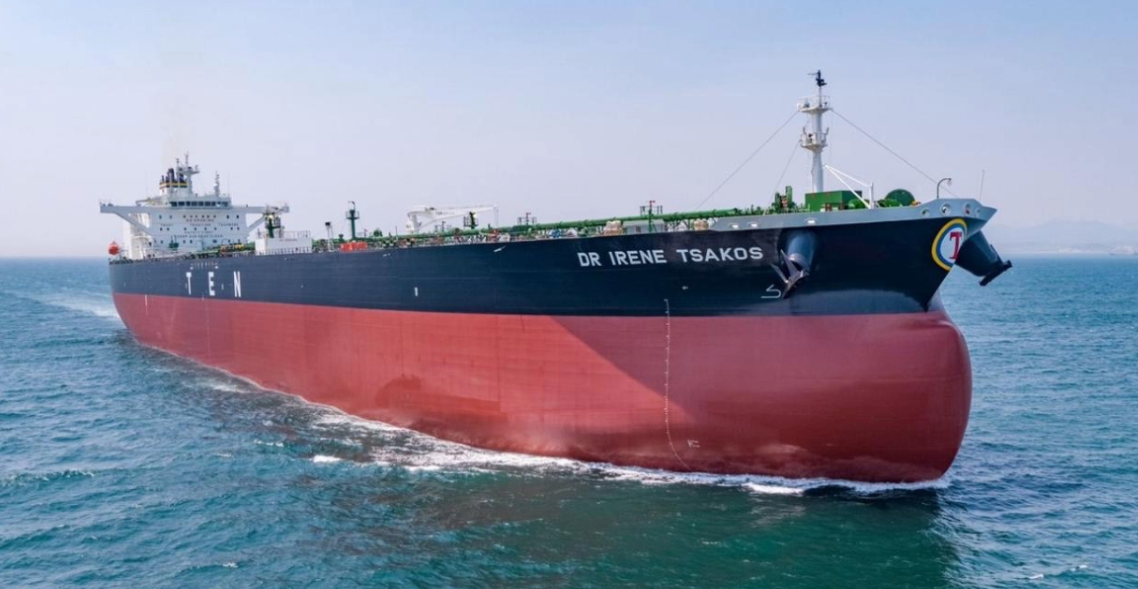Nikos P Tsakos-led Greek shipowner Tsakos Energy Navigation is considering spinning off its shuttle tanker and liquefied natural gas (LNG) carrier businesses.

During the first quarter earnings conference call, Nikos revealed that the company is internally discussing potential spin-off plans and views it as a strategic move, but no final decision has been made. The company currently manages 16 shuttle tankers (11 of which are newly built) and two LNG carriers.
In the first quarter of 2025, Nikos’ voyage revenues were US$197 million, down slightly from US$201 million in the same period last year; net profit fell to US$39 million, compared with US$54 million in the same period last year; time charter equivalent revenue calculated on a daily basis averaged US$30,741 per vessel per day, down from US$33,403 in the same period last year.
Thanks to a US$2 billion charter agreement signed with Transpetro, the logistics subsidiary of Petrobras, Nikos has become one of the world’s largest shuttle tanker operators. The contract involves the construction of nine Suezmax shuttle tankers and their long-term lease, with each vessel leased for 15 years. The new vessels will be built by Samsung Heavy Industries at a cost of US$1.3 billion.
In April this year, Samsung Heavy Industries delivered the DP2 Suezmax shuttle tanker Athens 04 to Nikos, which has signed a long-term charter agreement for at least seven years. The Paris 24, a vessel of the same class, is scheduled for delivery in August and will also sign a long-term charter agreement.
In addition to shuttle tankers, Nikos is assessing opportunities in the VLCC market. The company currently has only three VLCCs, so it is considering how to expand its influence in this market segment. This is in line with the recent trend of falling ship prices at major Asian shipyards.
To date, Nikos has a diversified fleet of 82 vessels, including 21 vessels under construction, covering crude oil tankers, product tankers, and LNG carriers, with a total deadweight of 10.1 million tons.


